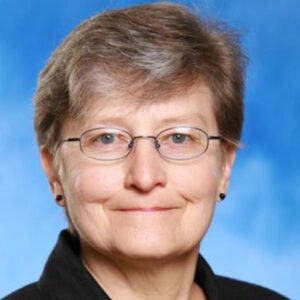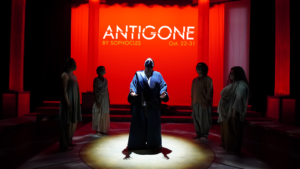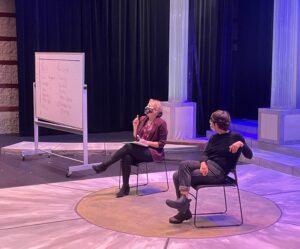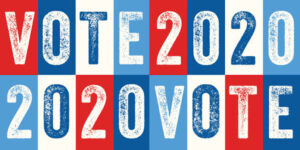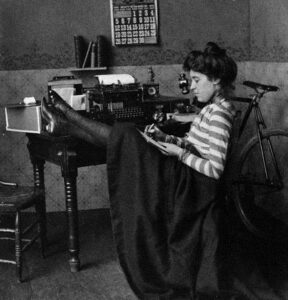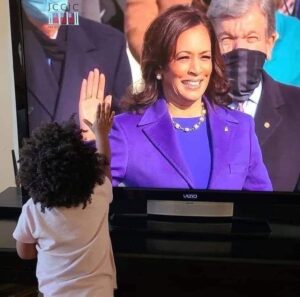Interview with Tariq Masri-zada, graduating in May 2022
What attracted you to the WGS minor?
What attracted me to the Women’s and Gender Studies minor was its uniqueness and the expansive perspectives offered by the program. I always knew that my perspectives were different than those of my community and culture, so I felt the need to go further. My first class in the program was Study of Fiction taught by Megan Novell and she mentioned on the first day that this minor required six classes and a portfolio in the graduating semester. Megan gave me the push and I took off running. My initial reasons for joining this program were vastly different than the outcomes I expected so for those diversifying views, I thank all of the professors and faculty in the WGS department.
What has been most interesting about your experience with the Program so far?
The most interesting aspect of this program I found was the growth in my perceptions of society and everyday life. The content taught in these courses was eye-opening for many reasons, most importantly, because of the societal disparities amongst different genders and races that I learned about across the world and our history. Learning the sad realities of our past and present have helped to diversify my views and enabled me to educate others about community justice. I feel that my respect for other groups and minorities has grown to truly define what equality means in my life. The lens that I have now is massively different than the lens I had before starting this minor.
Have you found any aspect of your WGS studies surprising?
What I found most surprising about my studies in this field is the limited public knowledge about injustice across the world. Had I not chosen to obtain this minor I would never have been able to learn about certain calamities that happened in our history. Many injustices caused by humanity are simply not taught in the normal curriculum to preserve the image of our nation’s history and those on top of our society. Hence, the hidden truths that I learned through this minor surprised me and allowed me to better comprehend how and why our societies are the way they are.
Has your work as a WGS minor impacted your other course work?
This minor made me capable of dissecting the content of other classes that have biased viewpoints. A prime example of this is my Catholicism class in which the writings and history are dominated by white Christian males. Jesus was a great leader and prophet in my eyes, however, there have been injustices and biased acts committed in his name. If we are supposed to love everybody, even our enemies, then why do people choose to spread hate in his name? I am a spiritual person that knows right from wrong, and religion should not be used as a tool to bring harm to others.
Have you seen any intersections between your work as a WGS minor and your experiences outside the classroom?
My experiences outside the classroom were most impacted through my learnings in the field of women’s and gender studies. Growing up in a home with Middle Eastern cultural norms, I found myself internalizing biases taught by family, friends, and the community as a whole. Liberty means that I should be able to do what I want as long as I am not bringing harm to anybody around me. There is a reason that my parents raised me in America and that is the liberty to be who I want without restriction. Although this is mostly true there are still social norms that some people must be willing to break to grow past the negativity. The ability to be outside the norm without fear brings me joy. This minor is the most effective tool in allowing me to live freely and to help others learn how to live freely.
Interview with Tariq Masri-zada, graduating in May 2022 Read More »

